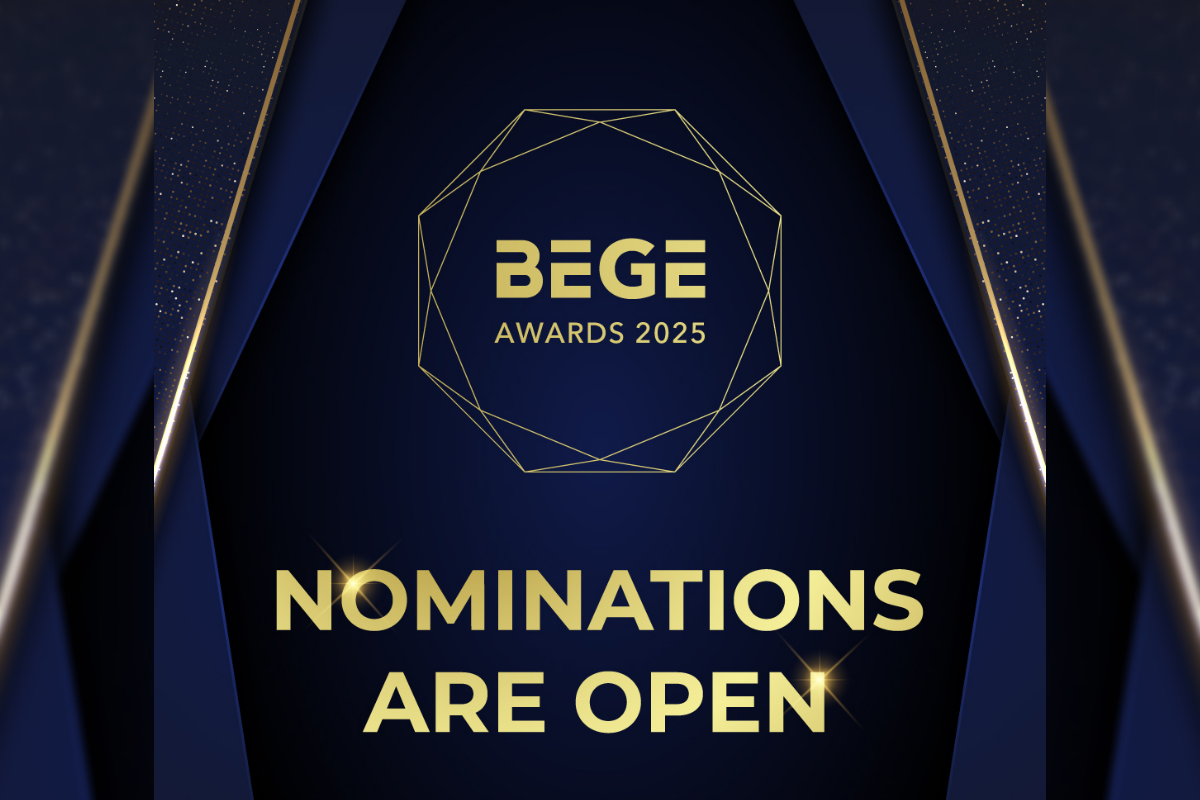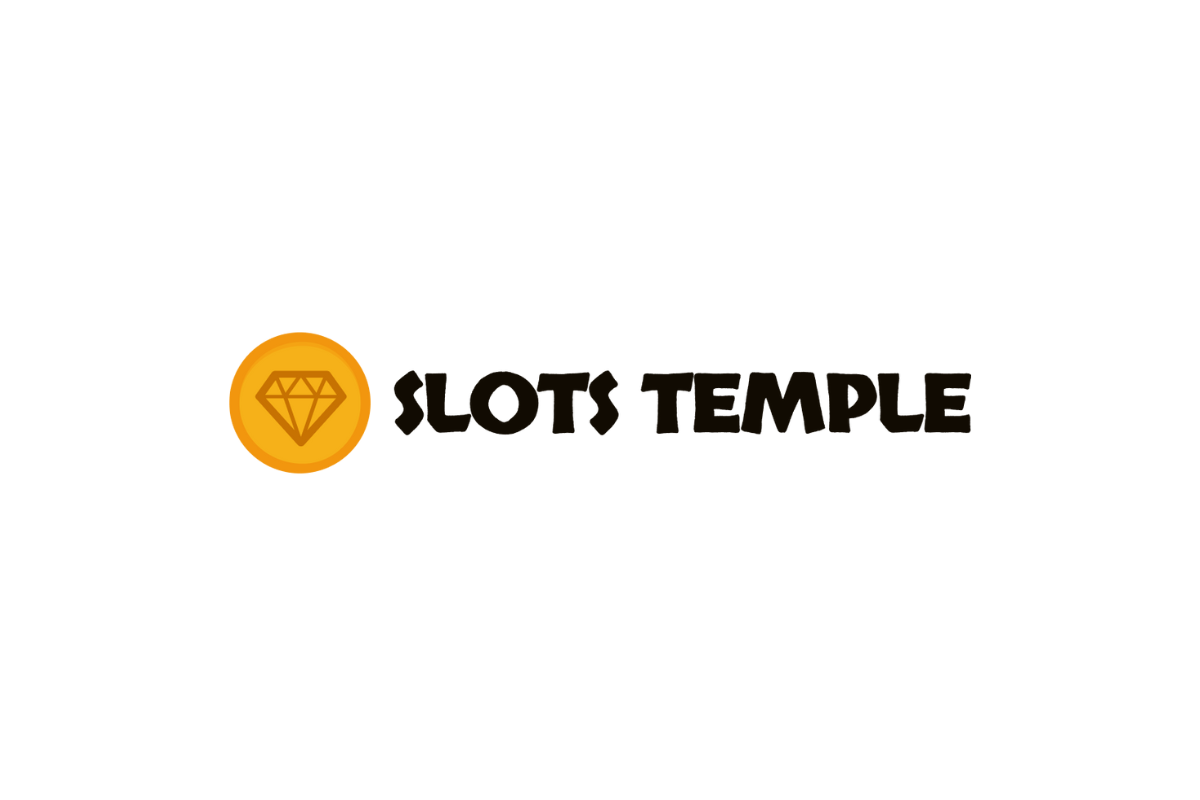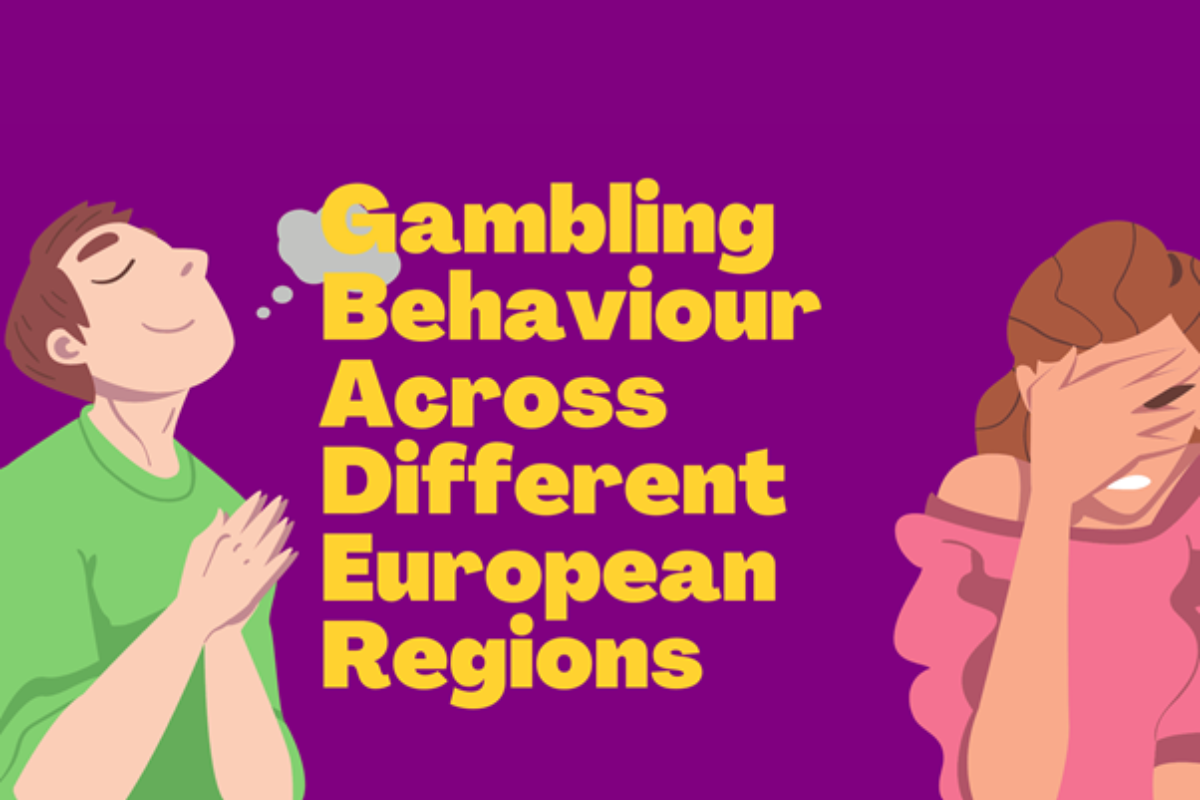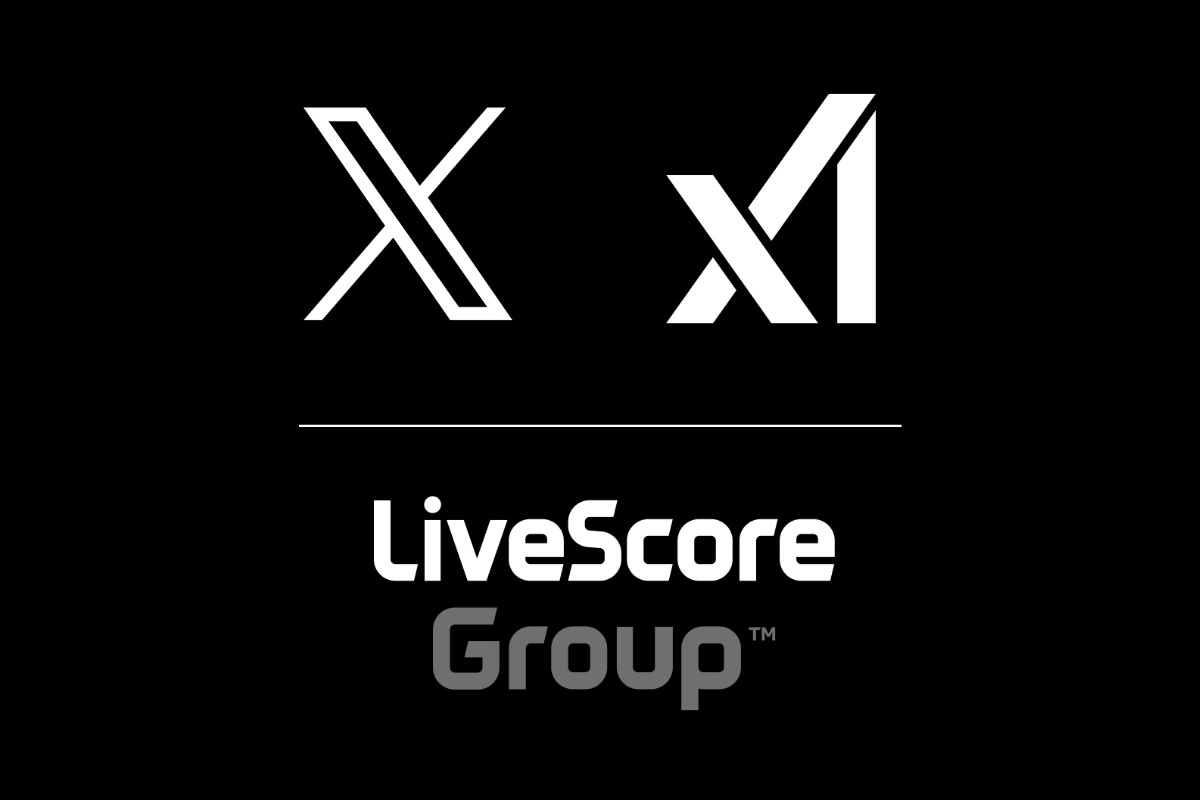Latest News
CJEU: AG OPINION CONFIRMS THE OBLIGATION FOR MEMBER STATES TO ORGANISE A TRANSPARENT LICENSING PROCESS AND CHALLENGES NATIONAL ENFORCEMENT ACTIONS

The European Gaming and Betting Association (EGBA) welcomes the opinion of Advocate General (AG) Szpunar in the case involving Unibet International Limited (C-49/16) before the Court of Justice of the EU (CJEU). The opinion confirms the obligation for Member States to organise a transparent licensing process, finding the closed Hungarian licensing regime to be in violation of the EU Treaty, and tackles the associated enforcement actions against EU licensed operators who were illegitimately excluded from the process.
The Budapest-Capital Administrative and Labour Court asked the CJEU whether Hungary violated the freedom to provide services (Article 56 TFEU) for imposing administrative fines against an EU licensed and regulated operator, whilst it failed to publish a call for tenders and did not enable the operator to submit an application for the purposes of obtaining a Hungarian license.
In support of existing CJEU jurisprudence [1], AG Szpunar found that Hungary imposed an unjustified restriction to a cross-border operator licensed in the EU to lawfully provide services in Hungary due to the absence of calls for a licensing tender published according to objective, transparent, non-discriminatory and proportionate criteria. Hungary thereby violated the freedom to provide services guaranteed under the Art 56 TFEU.
On the back of the February 2016 Sebat Ince ruling (C-336/14), AG Szpunar confirmed the finding that a Member State is precluded from sanctioning an operator holding a licence in another Member State where the licensing process infringes the transparency obligation and where the national regime is in violation of EU law. This confirmation is more than ever relevant with a number of Member States introducing very restrictive regulatory frameworks which clearly contradict the fundamental principles of EU law.
In addition, AG Szpunar stated (see link):
- “The Hungarian authorities have not invoked any grounds of justification [for the discriminatory restrictions], let alone furnished any evidence as to their possible proportionality” (para. 41).
- “Public authorities concluding concession contracts are obliged to comply with the fundamental Treaty rules, including the principles of equal treatment and non-discrimination on grounds of nationality and with the consequent obligation of transparency. [The latter] is designed essentially to ensure that any interested operator may take the decision to tender for contracts on the basis of all relevant information and to ensure the elimination of any risk of favouritism or arbitrariness on the part of the licensing authority” (para. 50).
- “The legal situation is somewhat unclear due to a changing regulatory framework(…). There is, in other words, a serious issue of transparency in a number of respects” (para 53). “(…) It must also be stressed that whether or not there was a pending procedure within the context of Directive 98/34/EC [2] is of no relevance in this regard, given that no implementing provisions were in force” (para. 61).
- “The Court has consistently held that where a restrictive system has been established for games of chance and that system is incompatible with Article 56 TFEU, an infringement of the system by an economic operator cannot give rise to penalties. This applies, contrary to the view of the Hungarian Government, both to criminal and, as in the case at issue, administrative penalties” (para.56).
Maarten Haijer, Secretary General of EGBA, comments: “The recurring conclusions by the CJEU that national regulation must meet an objective, transparent, non-discriminatory and proportionate criteria for their online gambling legislation confirm that Member States should not circumvent the re-regulation of their markets, in accordance to the case law of the CJEU and the fundamental freedoms of the EU Treaties”.
He added: “At this point, the EU-regulated online gambling operators expect immediate enforcement measures from the European Commission to fulfil its role as guardian of the Treaties, by making use of the infringement procedures against unlawful national legislation“.
It should be highlighted that the European Commission sent an EU Pilot letter in 2014 to Hungary in reaction to the changes in the Hungarian gambling framework, in which it emphasised the negative impact on the freedom to provide services (Art 56 TFEU). As regards to transparent licensing tenders, the European Parliament called recently the Commission to strictly monitor existing government monopolies and the lawfulness of concession tenders in order to prevent any excessive distortion of competition [3].
A date for the ruling of the CJEU has not yet been set.
-

 Asia6 days ago
Asia6 days agoDigital gaming disruption tackled in 1st AsPac Regulators’ Forum
-

 Africa7 days ago
Africa7 days agoBetKing Renews Ikorodu City FC Partnership for 2025/26 NPFL Season
-

 Compliance Updates6 days ago
Compliance Updates6 days agoKongebonus statement: Norway’s election result signals gambling policy continuity, but licensing debate is set to intensify
-

 Balkans6 days ago
Balkans6 days agoBEGE Awards Nominations Now Open – Celebrating 16 Years of Industry Excellence!
-

 Latest News6 days ago
Latest News6 days agoWin a Fruity Fortune in BGaming’s Bonanza Trillion
-

 Latest News6 days ago
Latest News6 days agoSaddle up for big wins under the Bison Moon with the latest slot from Northern Lights Gaming
-

 Latest News6 days ago
Latest News6 days agoAnswer the Call of the Wild: ELA Games Unveils Its Latest Game “Buffalo Force”
-

 Latest News6 days ago
Latest News6 days agoSlots Temple Announces Exclusive Free-to-Play Tournament Partnership with Pragmatic Play


















